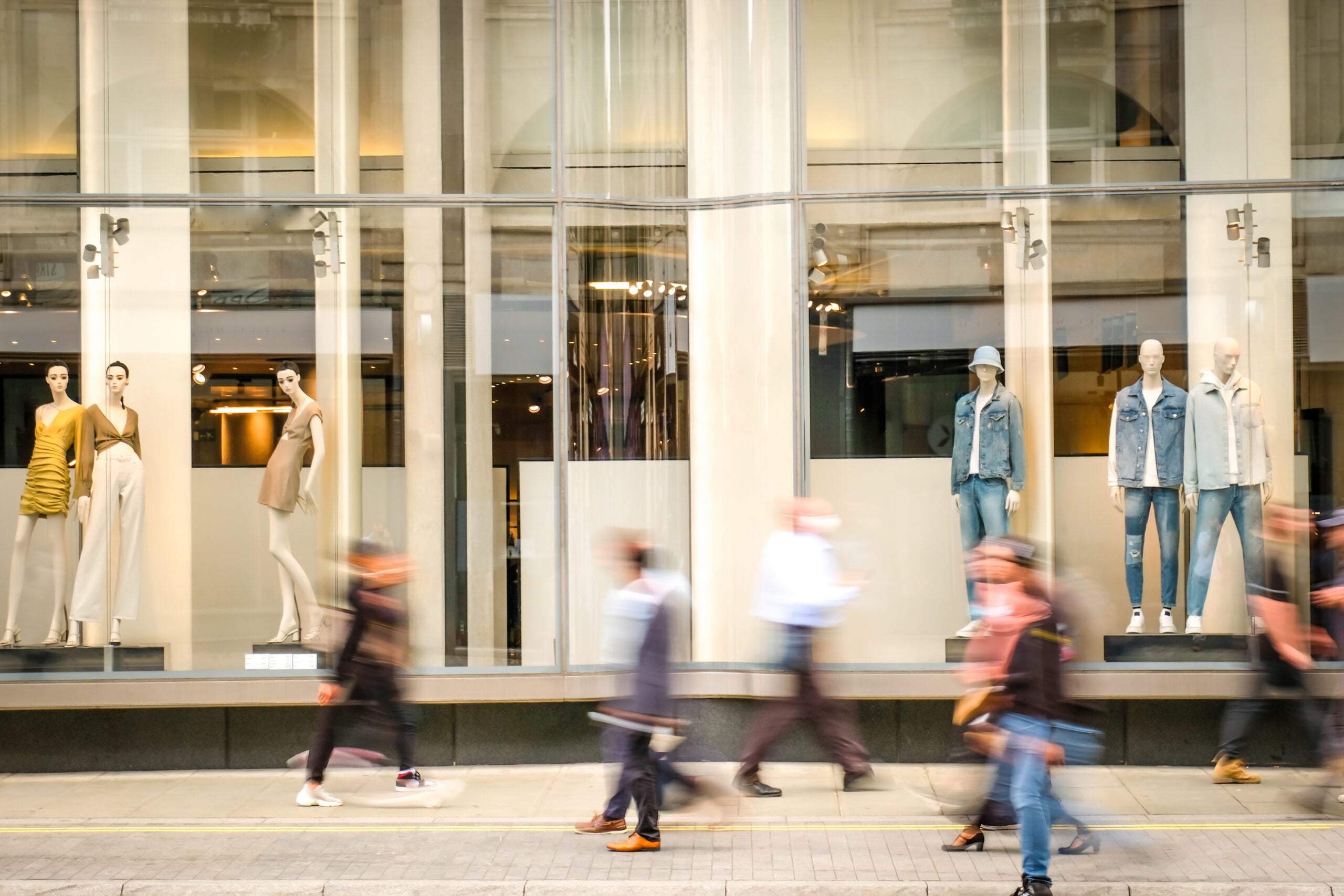
In today’s fast-paced digital world, small business owners face a unique set of challenges, from managing limited resources to competing with larger companies. But in recent years, advancements in artificial intelligence (AI) have offered powerful tools that can level the playing field. AI for small business isn’t just a buzzword; it’s a highly efficient tool that can help increase traffic—both online and in-store—and improve overall productivity.
For small business owners looking to grow their customer base, AI can streamline marketing efforts, enhance customer interactions, and optimize operations, all while reducing costs.
If your particular focus is on driving traffic and increasing visibility, AI can be a game-changer. But the key is knowing which prompts, or questions, to use to get the answers you need to attract more customers.
It starts with understanding how effective AI is for small business in its data analysis. By analyzing consumer behavior, preferences, and buying patterns, AI can help small businesses make more informed decisions about everything from inventory management to targeted marketing campaigns. This leads to more personalized customer interactions, which in turn increases engagement and encourages more foot traffic to your store—whether physical or virtual.
Using AI to Drive Traffic: Online and In-Store
Whether you’re trying to increase online visibility or encourage more people to visit your physical location, AI can help in several ways. Here are three key areas where AI can significantly boost your efforts:
- Optimized Social Media Campaigns Social media platforms like Facebook, Instagram, and Twitter are essential marketing channels for small businesses, but managing them effectively can be time-consuming. AI-powered tools like Hootsuite or Buffer can automate your social media posts and ensure that they are posted at the best times for engagement. Beyond automation, AI can analyze the performance of your posts and suggest ways to improve them. For example, AI can identify which types of content resonate best with your audience and recommend changes to your strategy.Prompt Example:
“What type of content should I post to increase engagement on Instagram for my coffee shop?”
AI can analyze your past posts, competitors’ content, and even broader industry trends to give you actionable insights on what types of photos, captions, or hashtags will generate more likes, comments, and shares. - Personalized Email Marketing AI tools like Mailchimp and HubSpot allow small businesses to create highly personalized email campaigns tailored to individual customers. Gone are the days of generic, one-size-fits-all marketing emails. AI can analyze customer data to segment your audience and suggest personalized product recommendations based on their previous purchases or browsing behavior. This not only helps drive traffic to your website but also encourages repeat visits by providing customers with relevant and timely offers.Prompt Example:
“What personalized product recommendations should I send to my email list to boost online sales for my boutique?”
With AI, you can generate targeted email content that includes personalized product suggestions based on each customer’s past interactions with your store, making them more likely to engage and convert. - AI Chatbots for Real-Time Customer Interaction Another way AI for small business can increase traffic is through the use of AI chatbots. Platforms like Drift and Tidio enable small businesses to provide real-time customer support 24/7. These chatbots can answer common questions, guide customers through the purchasing process, and even offer product suggestions based on the customer’s needs. Not only does this improve customer service, but it also drives sales by keeping potential customers engaged on your website longer. If a customer needs help outside of business hours, an AI chatbot ensures that their inquiries don’t go unanswered—potentially converting what would have been a lost sale into a successful transaction.Prompt Example:
“What kind of questions should my AI chatbot ask to increase online conversions for my home decor store?”
By asking targeted questions about a customer’s style preferences or room dimensions, the AI chatbot can provide product suggestions that are more likely to result in a purchase, ultimately boosting online traffic and sales.
AI for In-Store Traffic
While much of the focus tends to be on driving online traffic, AI for small business can also have a significant impact on in-store visits. AI-powered tools like Google My Business and Yelp use location-based services to recommend your store to nearby customers. By analyzing search patterns and customer reviews, AI can help your business appear higher in local search results, making it easier for potential customers to find and visit your store. You can also leverage AI to send geo-targeted offers to people who are close to your store, enticing them to stop by.
Conclusion
For small business owners looking to drive more traffic and enhance efficiency, AI is an invaluable tool. From optimizing social media campaigns and email marketing to providing real-time customer support with chatbots, AI for small business helps create personalized, engaging experiences that encourage customers to take action. Whether your goal is to boost online traffic or increase footfall in your store, AI can help you achieve it more effectively, giving you a competitive edge in today’s market.
By leveraging AI strategically, small business owners can not only increase traffic but also build stronger customer relationships, improve operational efficiency, and ultimately grow their business.
982 Views












